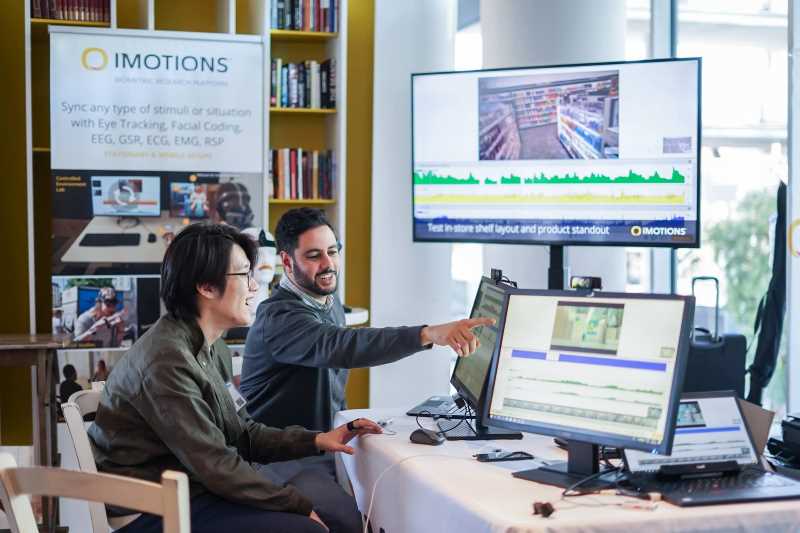Present study on cognitive workload in driving focuses on reduction of workload for better driving performance. In this paper, we talk about the cognitive load in drivers of autonomous cars and their performance under multiple cognitive loads. Our previous studies have indicated that low to no workload is likely to induce drowsiness in drivers of autonomous vehicles. We hypothesize that there is an optimal cognitive load for a driver during autonomous driving for best performance after transfer of control from autonomous to manual. We propose an experiment to study the cognitive load on the driver of a simulated autonomous car and the effects on manual driving performance. We also describe our use of biometric devices to obtain physiological measures indicative of cognitive workload.
Related Posts
-

Why Dial Testing Alone Isn’t Enough in Media Testing — How to Build on It for Better Results
Consumer Insights
-

The Power of Emotional Engagement: Entertainment Content Testing with Affectiva’s Facial Expression Analysis
Consumer Insights
-

Tracking Emotional Engagement in Audience Measurement is Critical for Industry Success
Consumer Insights
-

How Real-Time Audience Intelligence Is Revolutionizing Modern Advertising
Consumer Insights

